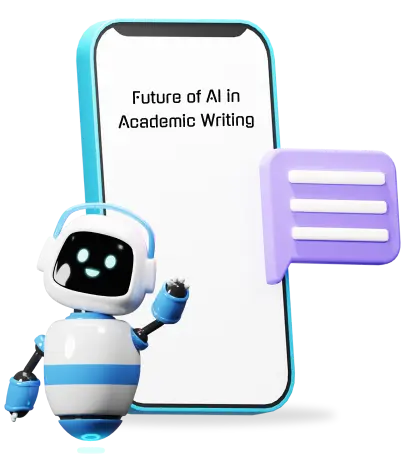🔥 First Order Is Free ( View Details )
In the age of digital transformation, education is evolving at a rapid pace. Traditional classroom settings are gradually being complemented and, in some cases, even replaced by online learning platforms.
Among many advancements in education technology, AI tutors have emerged as a powerful tool to facilitate personalized learning experiences for students. These virtual tutors utilize AI algorithms to adapt to each student's unique needs, strengths, and weaknesses. This is revolutionizing the way we educate future generations.
In this blog, we will explore artificial intelligence-based tutoring, their advantages, and how they have transformed the educational landscape.
So let’s get into it!
AI tutors are computer-based systems that use machine learning algorithms to analyze student performance and create personalized learning paths.
By leveraging vast amounts of data, they can identify patterns, predict learning preferences, and adjust instructional content accordingly. These intelligent tutoring AIs can mimic human tutoring. They can provide real-time feedback, answer students’ questions, and guide them through their academic journey.
Artificial intelligence has changed how students learn. From academic writing in schools to higher education - AI in academic writing is becoming the solution to various learning and teaching problems.
Here are some of the major benefits of emerging AI tutors.
One of the most significant advantages of AI tutors is their ability to offer personalized learning experiences to individual students.
Every learner has a unique pace, learning style, and preferences. Traditional classrooms struggle to cater to this diversity due to standardized teaching methods. However, AI tutors can adapt to each student's needs, delivering tailored content and pacing to ensure maximum comprehension and engagement.
Personalized learning addresses the shortcomings of one-size-fits-all education. Instead of sticking to a rigid curriculum, students get a customized study plan that aligns with their strengths and addresses their weaknesses. This approach fosters a deeper understanding of the subject matter and enables students to progress at their optimal speed.
Traditional assessments often limit students to periodic exams, leaving little room for continuous evaluation and feedback.
AI tutors, on the other hand, can help make the grading process quick and more effective. It can provide immediate feedback on quizzes, assignments, and even study habits. This ongoing assessment allows for early intervention when students struggle, preventing learning gaps from widening and boosting overall academic performance.
Additionally, AI tutors can analyze data from multiple sources, including students' responses, learning progress, and historical data. This holistic approach enables a comprehensive understanding of each student's learning patterns and helps educators refine their teaching methods.
AI tutors also play a vital role in nurturing students' self-confidence and independence. By empowering learners to take control of their education, AI tutors encourage them to delve deeper into their interests.
This self-directed learning fosters a sense of ownership over their education. This leads to increased motivation and engagement that are not found in traditional classrooms.
Furthermore, the privacy and non-judgmental nature of AI tutors provide a safe space for students to experiment, make mistakes, and learn without fear of ridicule or embarrassment. This is especially fruitful for student who require special education due to diabilities as it can provide them with an environment tailored for their conditions.
This psychological safety allows learners to tackle challenging concepts with greater courage, ultimately enhancing their overall learning experience.
In many parts of the world, students’ access to quality education is limited due to resource constraints. AI tutors can bridge this gap by providing an affordable and scalable learning solution.
These virtual tutors are accessible on various devices, from smartphones to laptops. This makes education available to a more extensive and diverse audience.
Additionally, AI tutors can support teachers in overcrowded classrooms. Such tools can ease their workload and allow them to focus on more individualized attention for students who need it the most.
This symbiotic relationship between human teachers and AI tutors enhances the overall learning environment for students.
Here’s an interesting TED talk by Sal Khan, the CEO of Khan Academy, discussing the potential advantages of AI tutors.
To sum up,
AI-based tutoring is on its way to becoming the new normal. Embracing these technologies is a long-term solution to many problems faced in traditional classrooms. With the power of artificial intelligence and machine learning, these virtual tutors are transforming education to make it more accessible, engaging, and effective.
Are you looking for an AI tool that can help you with essay writing? Meet PerfectEssayWriter.ai, your all-in-one essay writer AI that streamlines and simplifies your writing process.
With multiple templates to perform specific tasks and a customizable essay writing tool - PerfectEssayWriter.ai can provide custom essays, essay outlines, editing, content improvement, and much more! Try it yourself now!

WRITTEN BY
Cathy A. (Mass Communication, Education)
Cathy is a highly dedicated author who has been writing for the platform for over five years. With a Master's degree in Mass Communication, she is well-versed in various forms of writing such as articles, press releases, blog posts, and whitepapers. As an essay writing guide author at PerfectEssayWriter.ai, she has been helping students and professionals improve their writing skills by offering practical tips on research, citation, sentence structure, and style.
For more than five years now, Cathy has been one of our most hardworking authors on the platform. With a Masters degree in mass communication, she knows the ins and outs of professional writing. Clients often leave her glowing reviews for being an amazing writer who takes her work very seriously.
On This Page On This Page
Share this article
AI in Collaborative Learning Environments
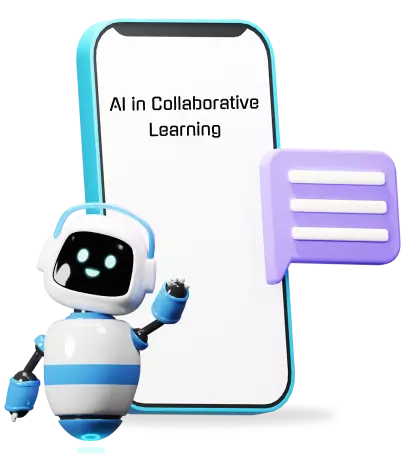
AI Tutors: Personalized Learning for Students in the Digital Classroom
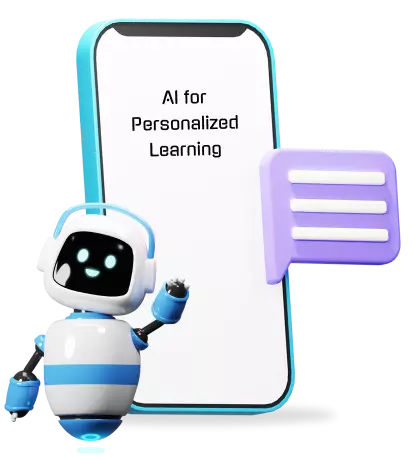
AI and the Future of Teacher-Parent Communication
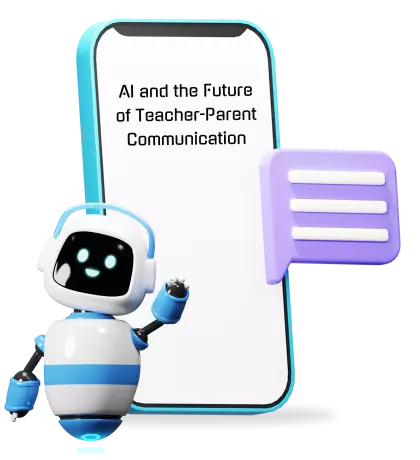
AI in Curriculum Design: Adapting Education for the Future
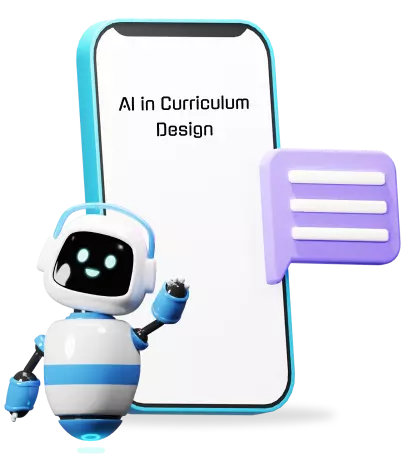
AI and Multilingual Education: Bridging Language Barriers in Learning
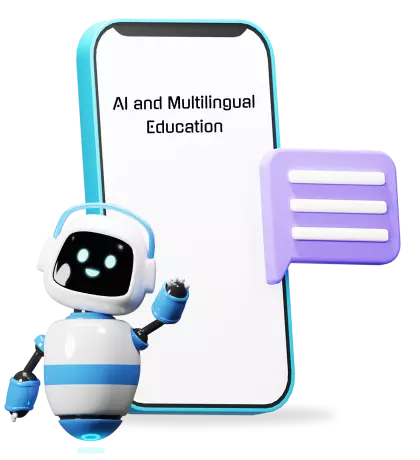
AI and Special Education: Empowering Students with Disabilities
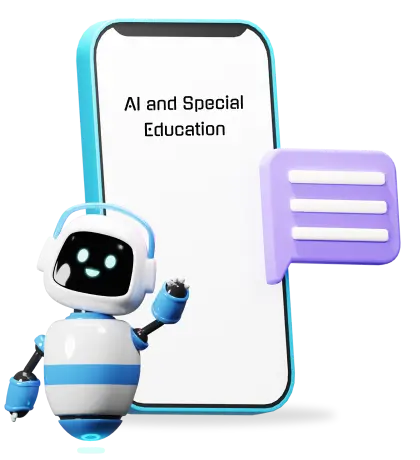
AI and Research Discovery
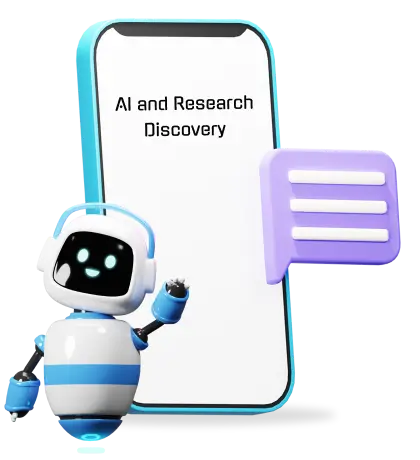
AI in Peer Review: Transforming the Academic Publishing Process
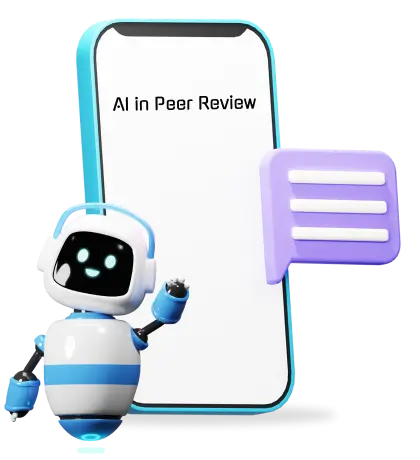
AI's Impact on Student Performance
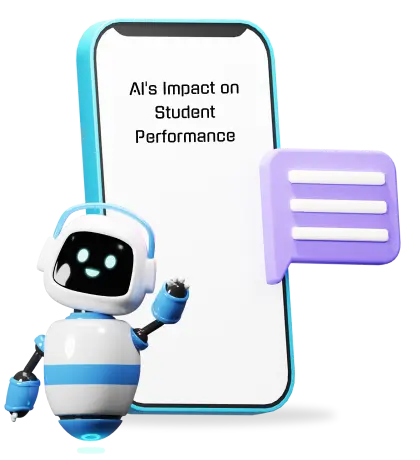
Ethical Considerations in AI Research: Ensuring Fairness and Bias Mitigation
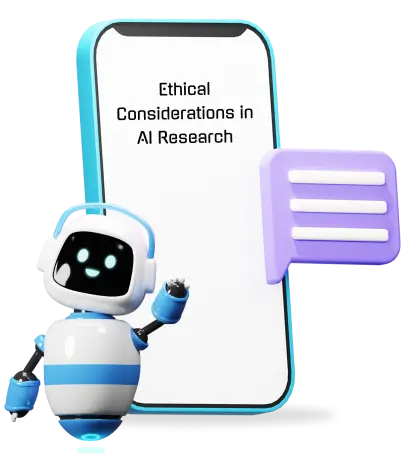
Ethical Considerations in AI-Generated Academic Content
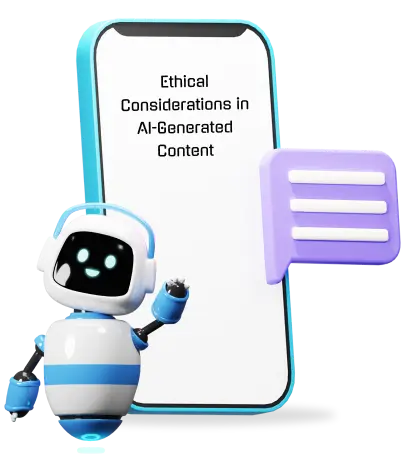
The Future of AI in Academic Writing: Trends and Predictions
